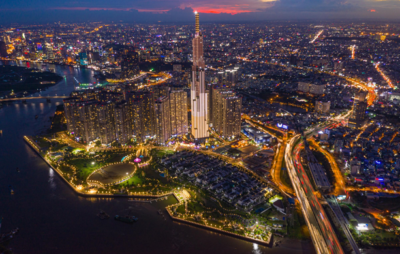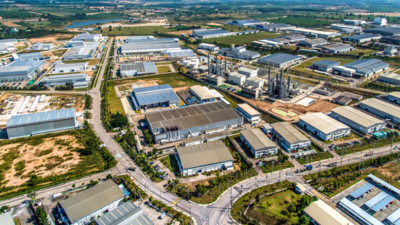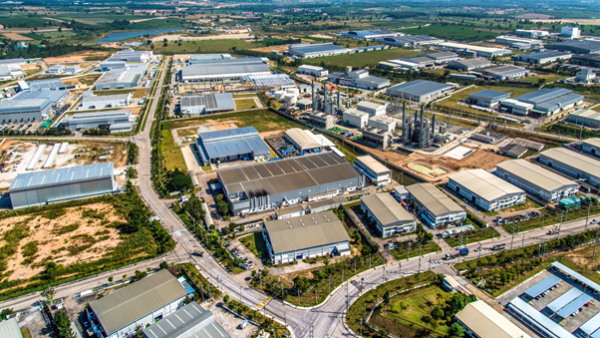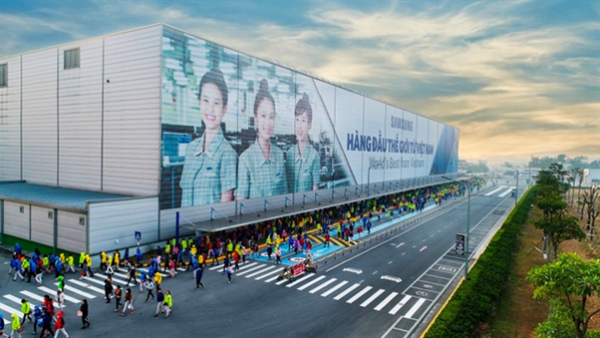TACHAN
- 7 August, 2023
- by Admin
Trends and Predictions for FDI Flows in Vietnam
Foreign Direct Investment (FDI) has played a significant role in Vietnam’s economic development over the years. As one of the fastest-growing economies in Southeast Asia, Vietnam has attracted substantial FDI inflows, bolstering its industrialization, infrastructure development, and overall growth. In this post, we will explore the current trends and make predictions for FDI flows in Vietnam.
Growing FDI Inflows:
Vietnam has witnessed a remarkable surge in FDI inflows in recent years. This upward trajectory can be attributed to several factors, including a stable political environment, a young and dynamic workforce, improved business climate, and favorable trade agreements. Additionally, Vietnam’s strategic geographic location and access to global markets have made it an attractive destination for investors.
Shift in FDI Sectors:
Traditionally, Vietnam has been known for attracting FDI primarily in labor-intensive sectors such as textiles, garments, and footwear. However, there has been a noticeable shift towards higher value-added industries in recent years. Sectors such as electronics, manufacturing, renewable energy, and technology have gained traction, reflecting Vietnam’s aspirations for advanced industrialization and sustainable development.
Regional and Global Integration:
Vietnam’s proactive approach to regional and global integration has contributed significantly to its FDI attractiveness. The country has actively pursued and signed multiple free trade agreements, including the Comprehensive and Progressive Agreement for Trans-Pacific Partnership (CPTPP) and the EU-Vietnam Free Trade Agreement (EVFTA). These agreements have not only enhanced market access but also improved investor confidence in Vietnam’s business environment.
Increased Investment from Asian Countries:
Asian countries, particularly Japan, South Korea, Singapore, and Taiwan, have been major contributors to Vietnam’s FDI inflows. These countries see Vietnam as an ideal investment destination due to its proximity, skilled labor force, and growing consumer market. As these Asian economies continue to expand their presence in Vietnam, we can expect their FDI contribution to remain significant in the coming years.
Rise of Startups and Innovation:
Vietnam’s startup ecosystem has been thriving, attracting considerable interest from venture capitalists and angel investors. With a burgeoning tech scene, numerous successful startups, and government support for entrepreneurship, Vietnam has become a hotbed for innovation and technology-driven FDI. The growth of the startup ecosystem is expected to fuel FDI inflows in sectors such as e-commerce, fintech, and software development.
Vietnam’s FDI landscape is evolving, with a shift towards higher value-added industries, increased regional integration, and a thriving startup ecosystem. With its favorable business climate, strategic location, and growing consumer market, Vietnam is poised to continue attracting significant FDI inflows in the foreseeable future. As the country progresses towards its development goals, stakeholders must embrace these trends and predictions to maximize the potential benefits of FDI for Vietnam’s sustainable and inclusive growth.
- Tags:
Related news









